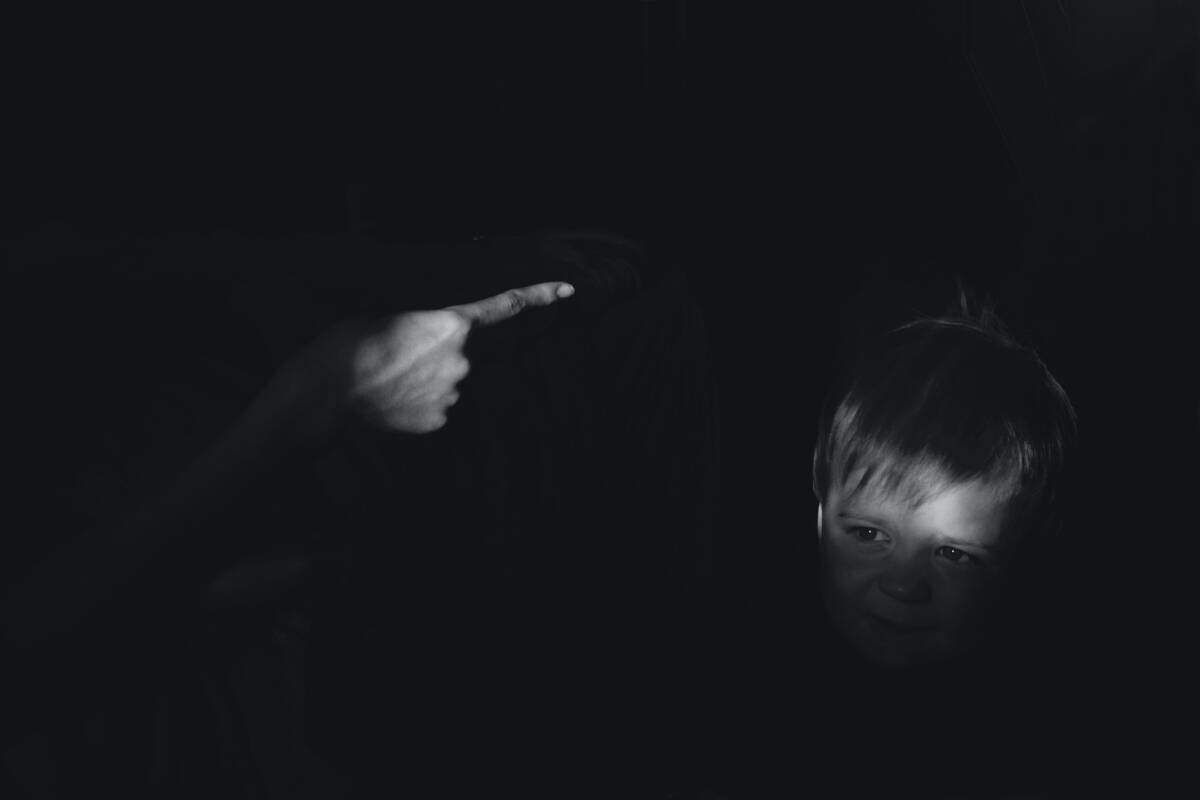It’s been thirty-six years since The Breakfast Club, and as a society, we don’t seem to have remembered the point of the film.
What if we got it all backwards? That being “hard” on our children created the exact problems they were supposed to avoid?
There’s an idea that “weakness creates weakness”. Spare the rod, spoil the child. That sort of thing. That the way to raise resilient children is to push them, to be “hard”.
I keep wanting to write about how we’ve moved past the child abuse described there, but given that just a few short years ago there were a non-trivial number of people advocating beatings to solve school shootings (I’m not joking), I can’t.
But while that short clip might be the most remembered part of that scene, all the rest of the kids there in detention have also been raised with that same “hard” mentality. Maybe it was the demand to perform in sports, or social circles, or grades, but it’s still the same process.
For the inevitable person in the back row shouting that Bender had it worse, pain is not relative. All of the children in The Breakfast Club are under a huge amount of strain and pressure to “perform” in some way – and thier experiences are equivalent. That’s the point of the movie.
Maybe we don’t recognize them as being the same because the abuse Bender experiences – and inflicts – is physical, open, and violent. But that’s not actually what science says about the verbal and emotional abuse these other children experience.
And that is the tragedy of The Breakfast Club.
Not that the Bender family is dysfunctional, but that popular culture only remembers the dysfunction of the Bender household, missing the point that our society damaged all these children just as badly.
The official blurb for the movie is “Emilio Estevez, Molly Ringwald, Anthony Michael Hall, Judd Nelson and Ally Sheedy are five students in Saturday detention with nothing in common except each other.”
And that’s wrong. They have the awfulness and damage that their parents and the culture around them has inflicted upon them. They have that abuse in common.
We just remember the abuse that isn’t “normal”.
Featured Photo by Artyom Kabajev on Unsplash
